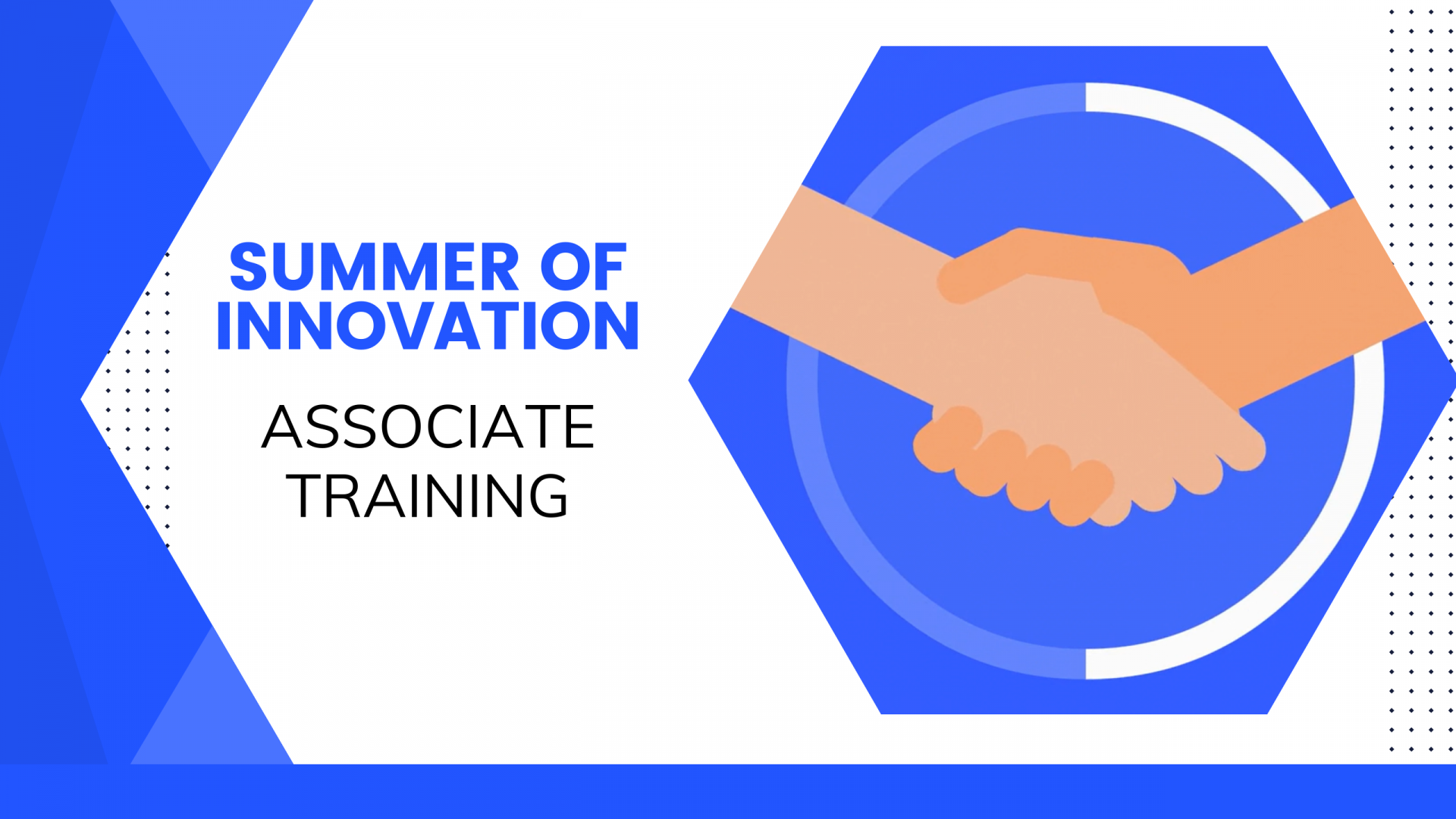Legal Practice
The Summer of Innovation: How Some Firms Are Rethinking Associate Training
How can you ensure that the right people are brought in to work at your firm? This article explains why firms are changing the way they train associates.
-
Joe Regalia

Even in a pandemic, or especially in a pandemic, law firms can't give up on investing in their people. Because that's their real asset. Even in a world teeming with exciting new tech and business models, there's no replacing skilled associates and staff. They are the ones who will innovate, cultivate relationships, and energize the cycle of wooing and retaining clients.
But how do firms invest in their human assets, especially when money is tight? The good news: Salary and perks are becoming less relevant for many young attorneys. Instead, they're clamoring for culture, mentoring, and, yes, training. When attorneys feel like they are picking up new skills, when they feel like their firm is investing in their careers, and when they feel like their firm is training them to succeed, they stick around.
But legal training is expensive. According to one survey, bigger firms spend upwards of $20,000 to train new attorneys. Who can spend that during a pandemic?
Many firms are discovering that they can meet their training needs without the daunting price tag. Other industries have found that cutting-edge training solutions like on-demand e-learning and blended learning can pack a bigger training punch than the traditional one-off sessions most legal employers still rely on. And they do so at a fraction of the cost. That's why over 80% of corporate America uses e-learning to train their teams.
The virtual summer has prompted many firms to explore e-learning solutions. After all, e-learning is flexible, cost-effective, and tailored.
This summer, Write.law, in partnership with other leading legal trainers like Ross Guberman, recognize that firms could benefit from more e-learning options. We put together a suite of e-learning programming to support summer associates and incoming attorneys during this unprecedented time. The plan was simple: Create the highest quality e-learning programming that we could and keep it affordable. And use the latest training research to make sure the program drives results.
Ross Guberman's BriefCatch initiated the process by creating an interactive competition that assists associates in utilizing legal technology and editing tools in their practice. We then produced a compendium of bite-sized and on-demand videos, interactive lessons, and hands-on activities to keep associates engaged and learning. We focused on core skills we knew firms and attorneys yearned for, such as technology, productivity, writing, presentation skills, mindfulness, and networking. This way, firms could support their new attorneys remotely, encourage them to enhance their skills and achieve even better training outcomes than in previous years.
The response has been both stunning and humbling. Dozens of major law firms are participating in our e-learning program and are working with us to make their virtual summers successful. And dozens more have shared their plans to provide flexible e-learning to their summer associates in different ways.
Undoubtedly all of us in the legal industry will learn many lessons during this crisis. One positive outcome may be that more lawyers embrace the power of technology and innovation. But equally important, firms and other legal employers may also come to appreciate the power and nimbleness of state-of-the-art e-learning and other novel training solutions that suit both our trying times and our newest generation of lawyers.
Joe Regalia
Write.law co-founder Joe Regalia combines his experience as both practitioner and professor to create exciting new ways to teach legal skills. Learn more about Joe
Sign up for our newsletter!
Get writing and other legal practice tips delivered to your inbox every other Thursday.
Thanks for joining!
We’ve sent a welcome email to your inbox.
We’ve sent a welcome email to your inbox.
We're on a mission to make legal skills training engaging, effective, easy to use—and accessible to all.


